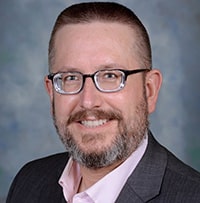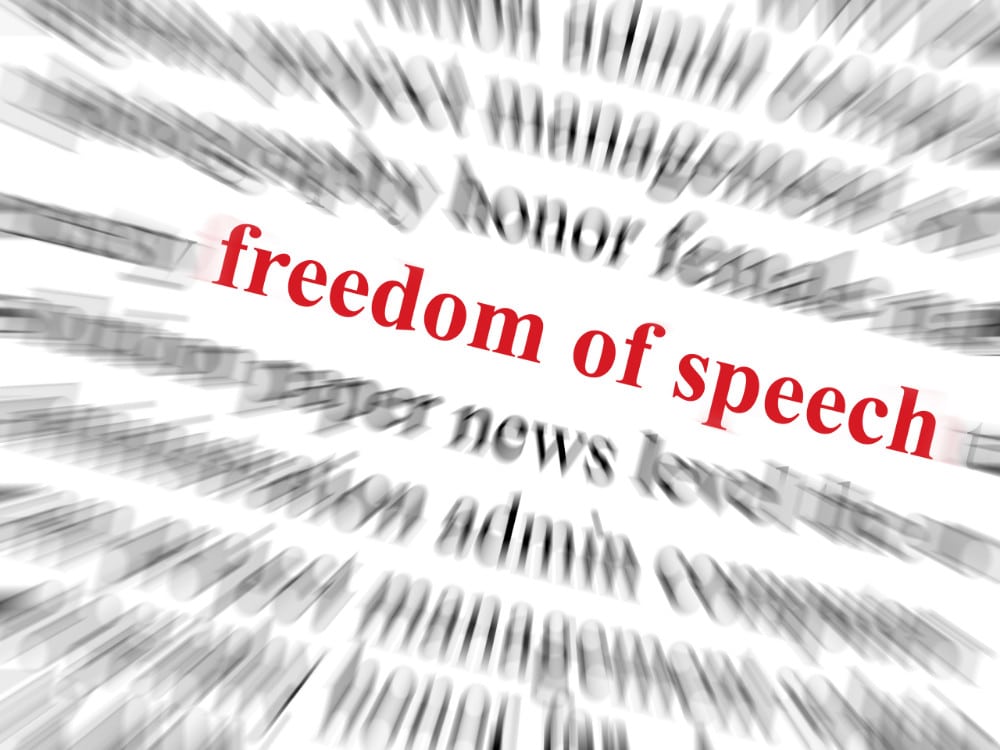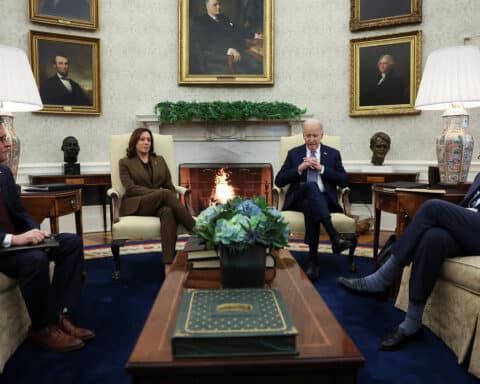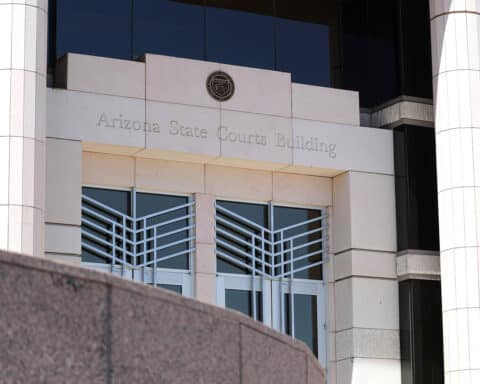
Yes, since 1791, the First Amendment to the Constitution has stated that “Congress shall make no law … abridging the freedom of speech, or of the press.” But it wasn’t until the middle of the 20th century that the courts began interpreting these words as a protection for speech that nearly everyone other than the speaker could agree was harmful to others or to society as a whole. And yet, seven decades or so later, nearly everyone seems to have come to accept the sentiment widely but falsely attributed to Voltaire: “I disagree with what you say, but I will defend to the death your right to say it.”
For Catholics, such a sentiment should be inconceivable, at least when applied to anything above the level of a disagreement over the best flavor of ice cream (orange pineapple, obviously). “You will know the truth,” Christ said, “and the truth will set you free.” Free, first, from the falsehoods of the ruler of this world, and from the requirement that we sing the beauty of the emperor’s new clothes. But, more deeply, free from the damage that we do to our own souls when we say or assent to things that we know not to be true. To defend to the death something or someone whom we know to be in error would be not just a pointless sacrifice of our own body but an eternal sacrifice of our soul on an altar dedicated to the Father of Lies.
“I am the Way, and the Opinion, and the Life,” said no Savior, ever. To follow in Christ’s footsteps means always, among other things, to embrace truth and to abhor falsehood. We cannot do evil that good may come of it, and that includes lying, or repeating lies, because we think that something “more important” is at stake. As Christians, we understand — or should understand — that there’s nothing more important than truth, because truth with a small “t” is just one element of Truth with a capital “T,” and Truth with a capital “T” is not just a person but the Person to whom we owe our lives, because he gave his life to set us free.
The increasing politicization of public discourse has meant that we all too often measure the truth of any statement not by the extent to which it corresponds to the Truth but by the extent to which we identify with the person who uttered it. That creates a type of cognitive dissonance in the minds of those who continue to hold to the truth, as they try to comprehend how others around them cannot see through the most obvious of lies. “A half-truth,” the Catholic historian John Lukacs used to say, “is worse than a lie,” because the element of truth made the lie easier to swallow, but for those who live in a world where the truth of a statement is measured only by how well it achieved the liar’s desired end, half-truths are no longer necessary.
But that way lies madness, as St. Anthony the Great, the greatest of the Desert Fathers, saw 18 centuries ago. “A time is coming,” St. Anthony said, “when men will go mad, and when they see someone who is not mad, they will attack him saying, ‘You are mad, you are not like us.'”
That time is now.
Scott P. Richert is publisher for OSV.





